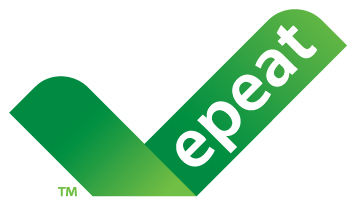Ways to manage E-waste
- Victor Tan

- Mar 11, 2021
- 2 min read
Updated: Mar 13, 2021
Lets talk about how to manage E-wastes now that you know what is E-waste from the previous article. But before that, lets take a look at the current practices of managing E-wastes in Malaysia.

Currently, household E-wastes mostly end up at informal sectors in Malaysia, through various channels of collection such as NGO, door-to-door collectors, charity organizations and recyclable buyers. The existing E-waste Full Recovery Facilities in Malaysia are mostly designed to cater industrial E-waste, and therefore there is no complete system in place for household E-waste recycling at the moment. Household E-wastes that end up in informal sector can create various problems.
Now that we know the current practices of managing E-waste in Malaysia, let's us take a look at what we can do as an individual to manage household E-waste.
1. Minimizing E-waste
Buying things that we do not need is probably the biggest causes of E-waste. Before we buy any electronic devices, we need to stop and ask ourselves that do we REALLY need the gadget? By re-evaluating our decision to buy something, we are able to help reduce the amount of E-waste produced.
2. Learn about local recycling options

E-waste Alam Alliance Malaysia was launched by the Deputy Minister of Natural Resources and Environment, Y.B. Dato' Seri Dr. James Dawos Mamit in the year 2013. This initiative aims to implement a system of collection, segregation and transportation of E-waste from households across Malaysia. The target waste of this establishment are televisions, washing machines, refrigerators. mobile phones, personal computers, and air conditioners.
Check out the collection points that are closet to you here!
3. Organize what you currently have

By organizing your gadgets, you will know what you have and what you don't. The last thing you want is to buy something that you think you need it , only to find out that you already have a duplicate of that item buried somewhere in your drawer.
4. Buy environmentally friendly electronic devices

Look for products labeled Energy Star or certified by the Electronic Product Environmental Assessment Tool (EPEAT). EPEAT is a registry that evaluates electronics for their effect on the environment. Environmentally friendly electronics are able to reduce resource consumption by reusing materials such as aluminum.
That's it for the article. Please share any other ways of managing household E-waste in the comment section below!
Links:
EPEAT: https://www.epeat.net/
Department of Environment Malaysia (E-Waste): https://www.doe.gov.my/hhew/



Comments